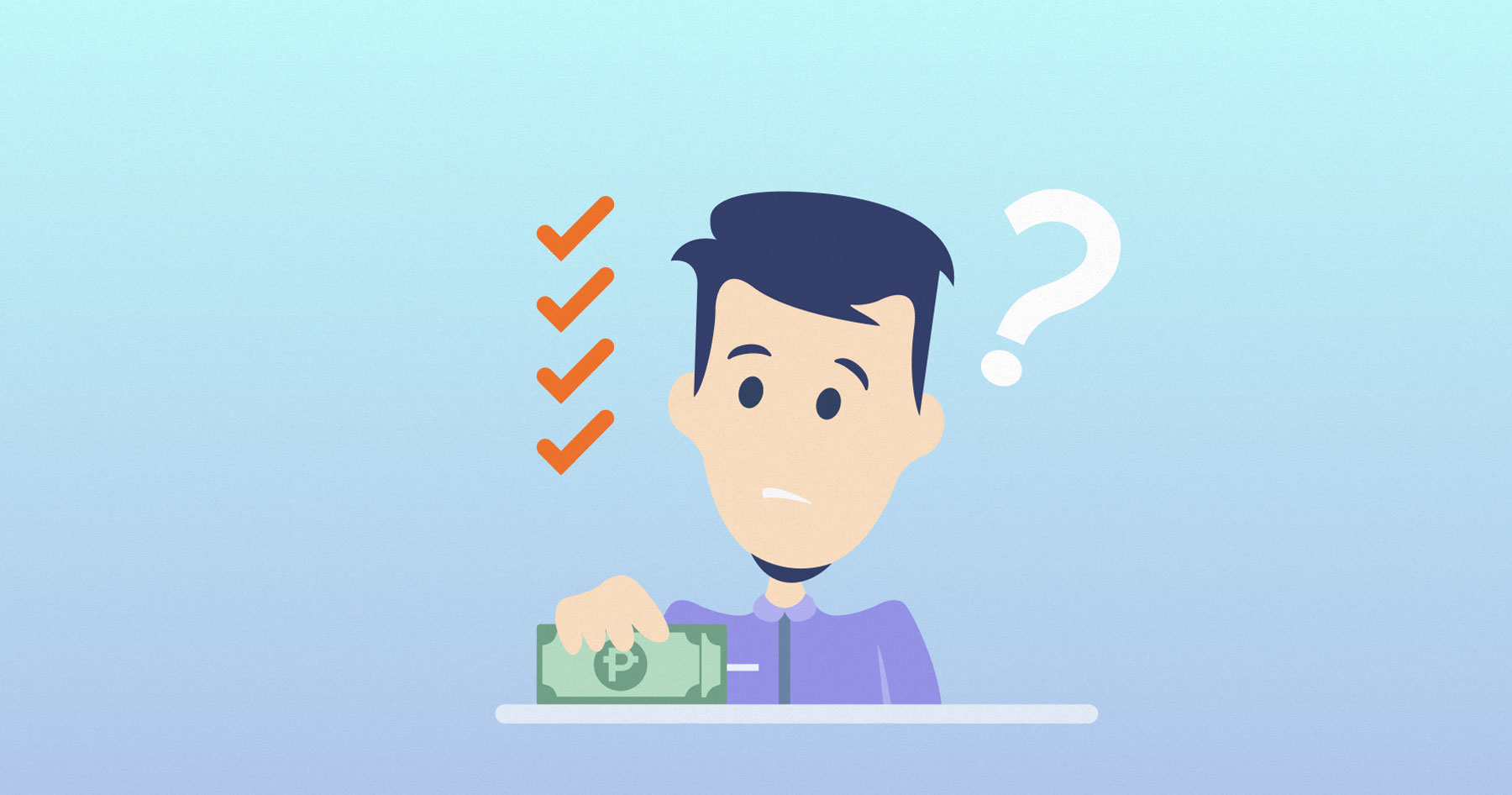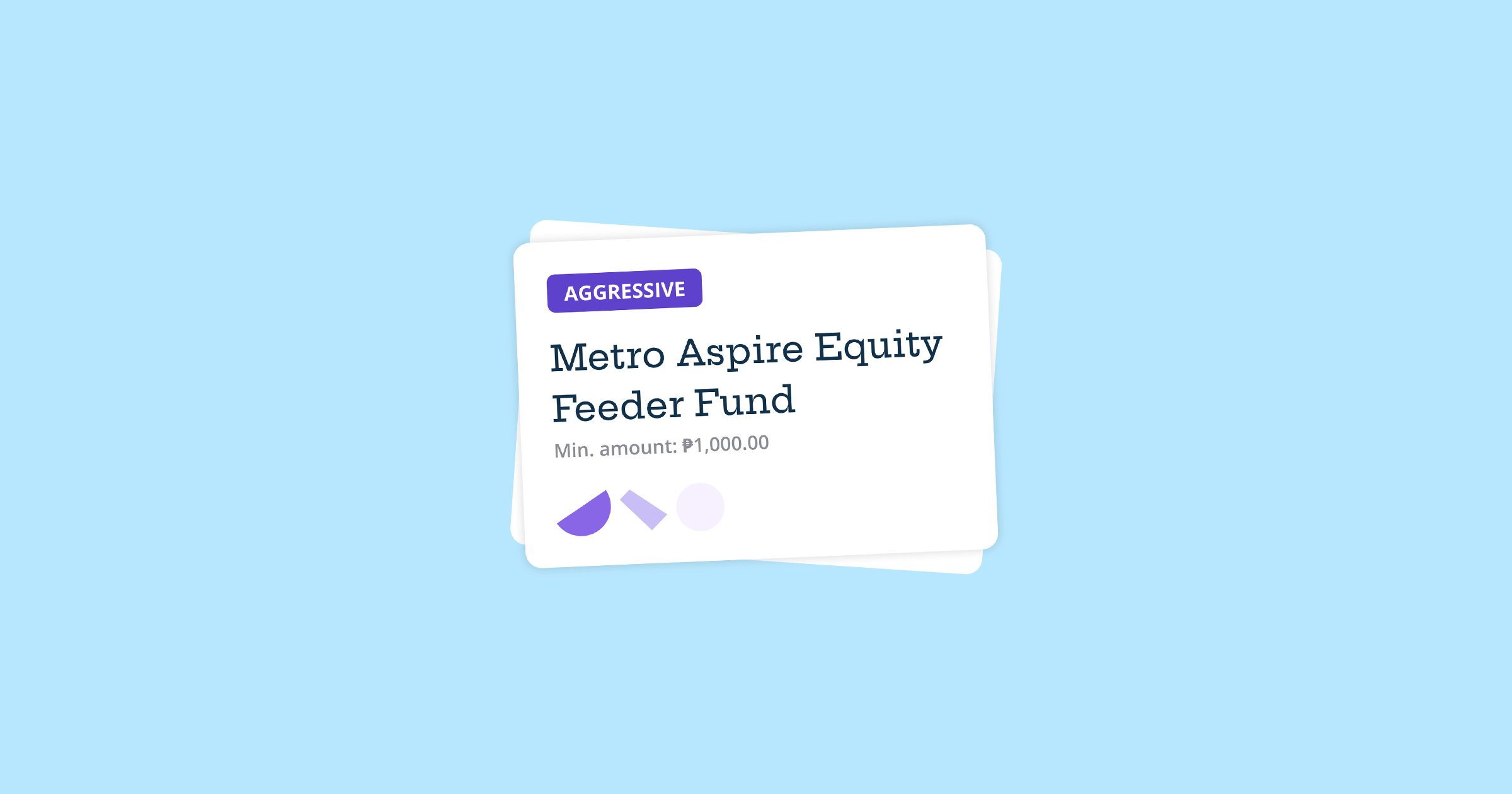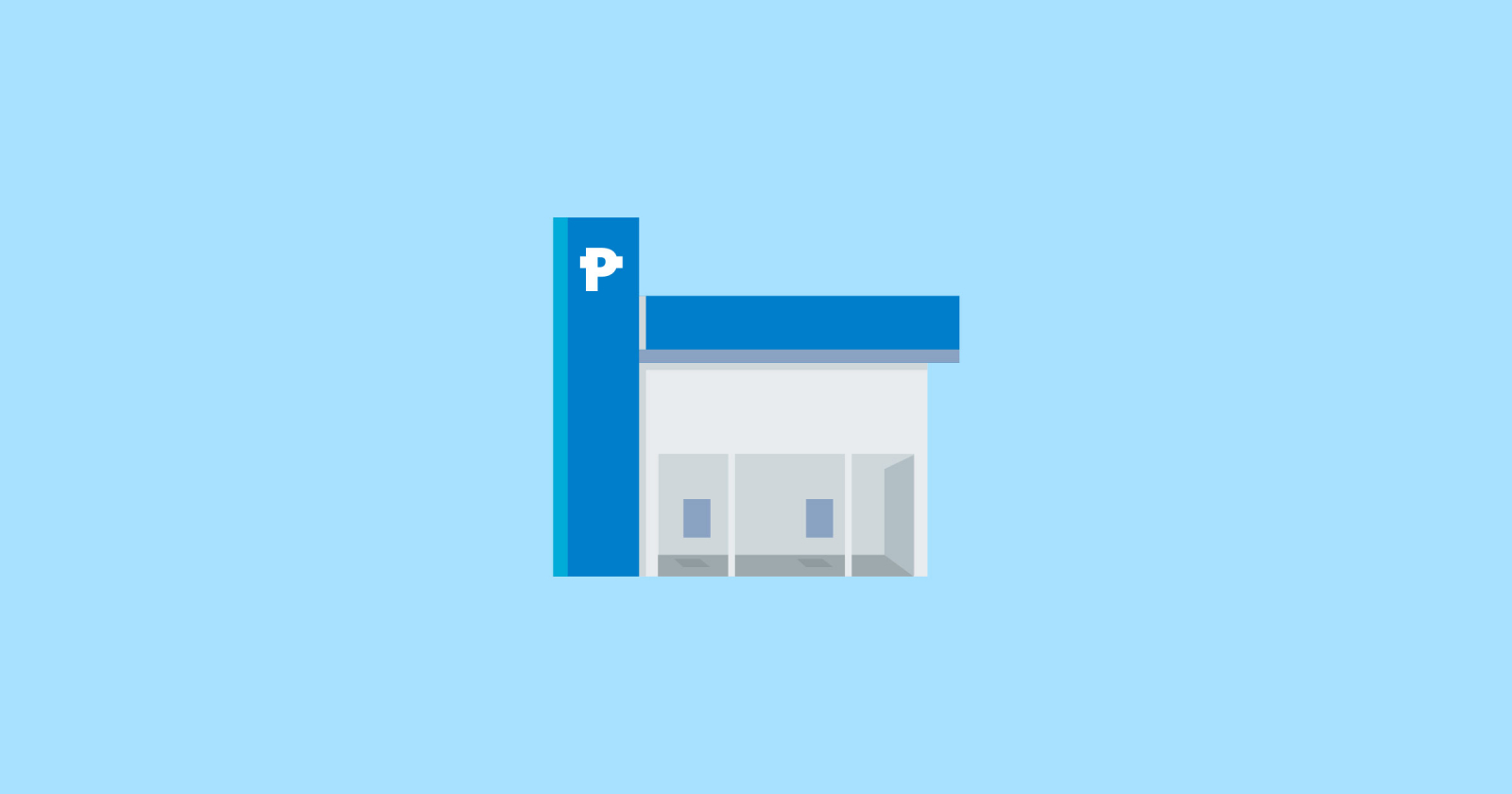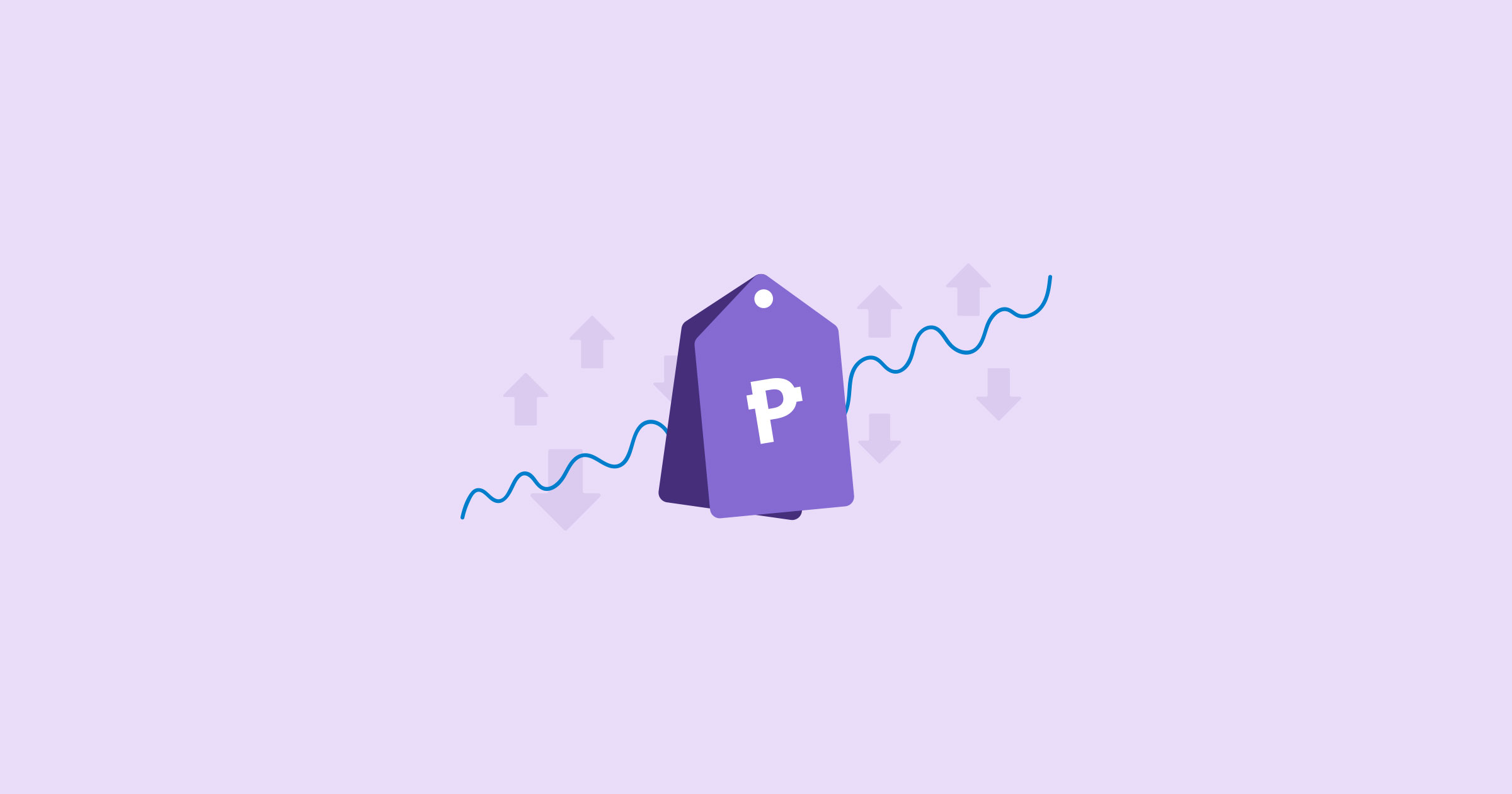Taking out a loan isn’t something to be done lightly. You need to consider several things before making the decision to borrow money. Here are the top 4 questions to ask yourself first.
1. Can I afford it?
First off, you need to find out if you can afford to take out the loan. Will you be able to pay the monthly amortization? Your income, whether through salary or business, has to be enough to cover the payments plus your cost of living.
If you add up the necessary expenditures and see that the total is very near the amount you earn each month, you need to reconsider taking out the loan. At the very least, you’ll need an emergency fund just in case you have an unexpected expense.
2. Do I really need it?
The next step is to look at your plans for the money. Will you use it to buy or pay for something essential?
If it is, see how important the element of time is. If you can wait so that you can save up the amount instead, you wouldn’t have to take out a loan and you’d spend less overall (because you wouldn’t have to pay interest).
Borrowing money to pay off another debt might not be a good idea. Consider this option only if the interest rate of the new loan is lower than that of the first one, and if the new amount being borrowed allows you to pay off the previous debt in full.
3. How stable am I?
Having debt that you can’t pay is a really bad situation to be in. While you might be able to make the monthly payments right now, you need to be confident that this won’t change.
If there are any signs that things might change for the worse, reconsider taking out the loan. Aside from your personal circumstances, you should also look at the needs of the people who rely on you, as well as the social situation. Anticipated changes in these are an important consideration too.
On the other hand, if you’re expecting a positive shift for your income, waiting until it’s actually there may be the best decision.
4. Do I know the possible side effects?
Taking out a loan means that you enter a contract to pay a set amount monthly for a certain number of months. If, for whatever reason, you become unable to fulfill the terms, there are things that may happen.
If you miss a payment or two, additional fees and interest charges will be applied. This means you end up having to pay more than you originally owed.
If you stop payment altogether, things get even more complicated. The loan will go into default, and the bank or lending organization will pursue you for the total amount remaining (including the additional charges).
The default will also go on your credit record, making it hard for you to get loans or credit cards in the future. If you do get approved, you may get high interest rates, because you will be seen as having a high credit risk. If the loan you took out was secured (with collateral), defaulting on it will also cause you to lose your collateral.
If your situation suddenly changes and payment becomes difficult, you should speak with your loan officer. They may be able to come up with a solution that helps you still make the right payments, including loan restructuring.




